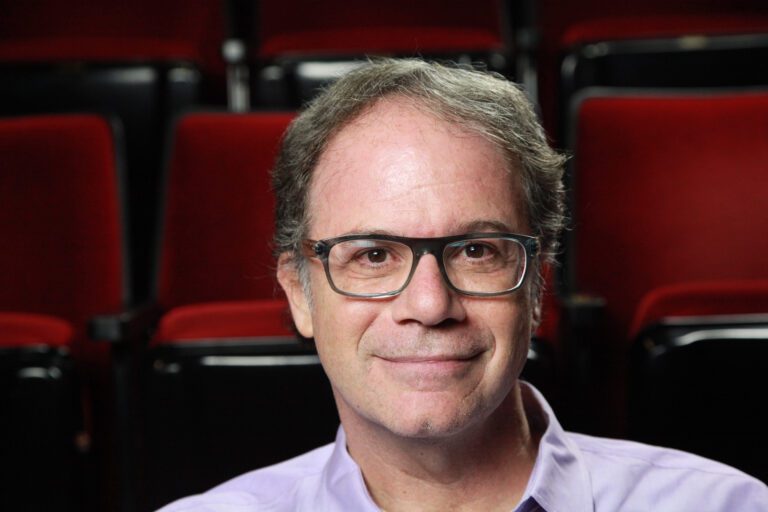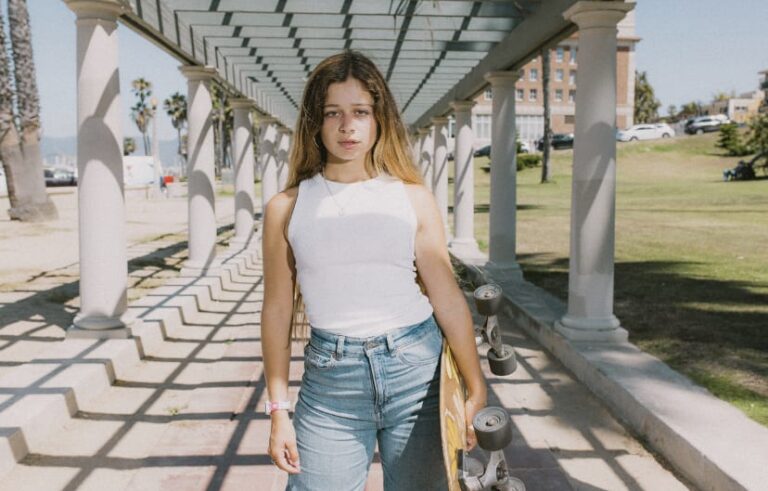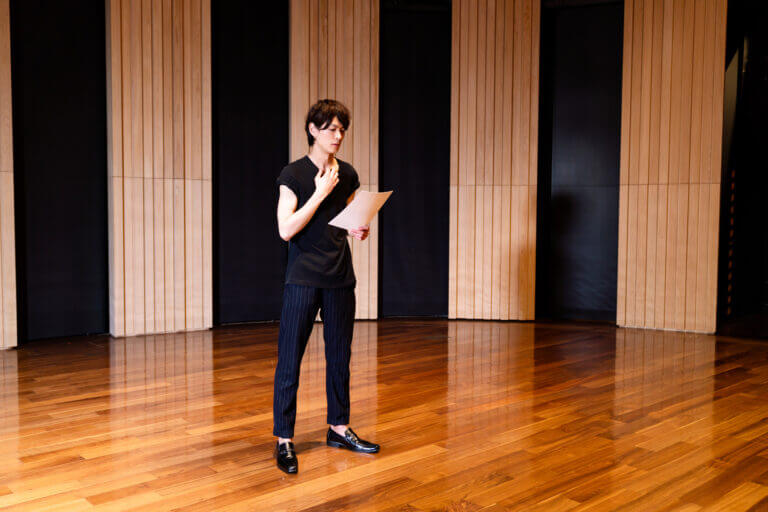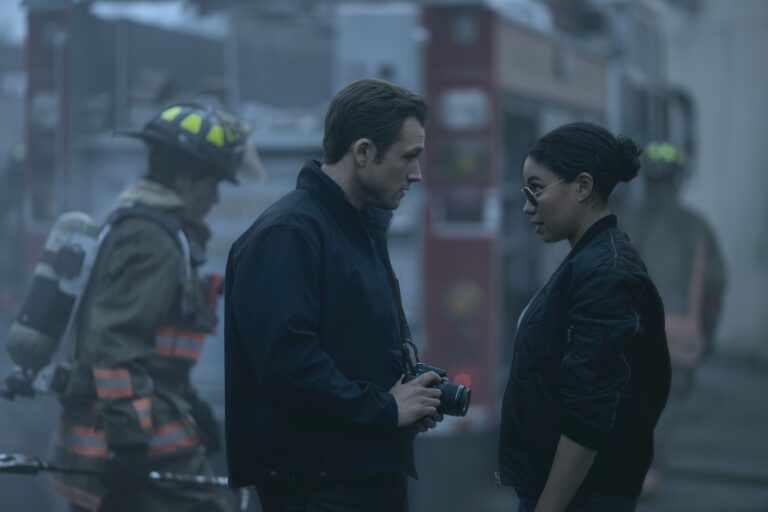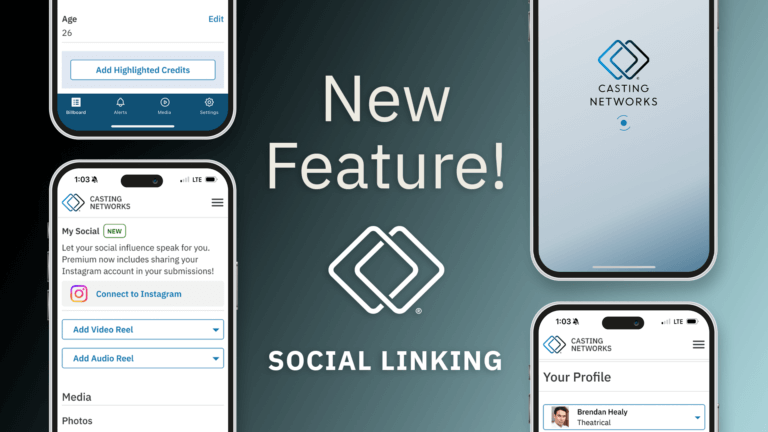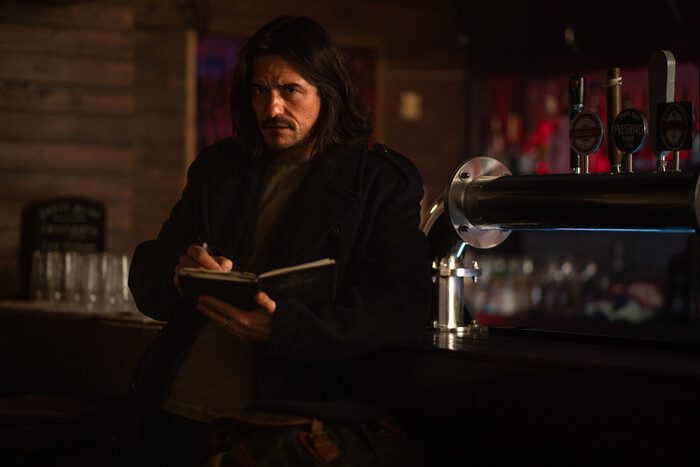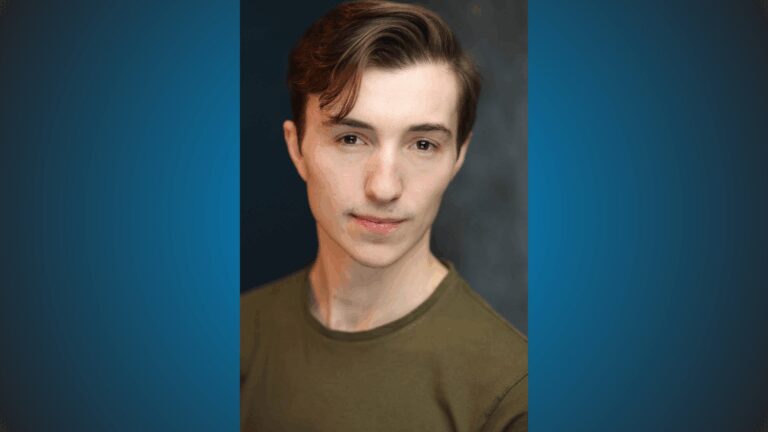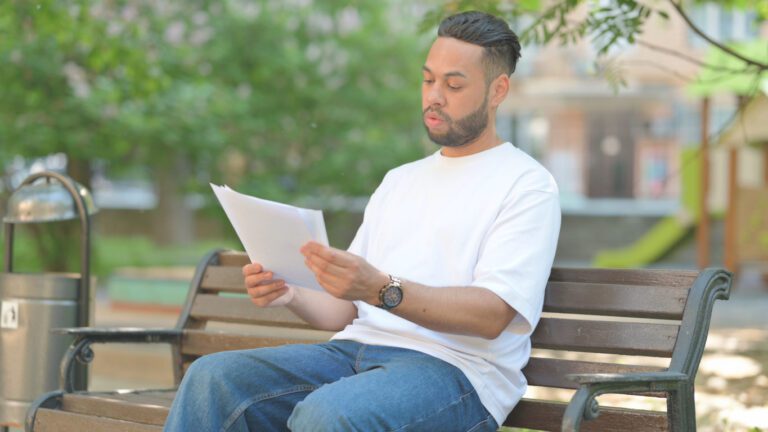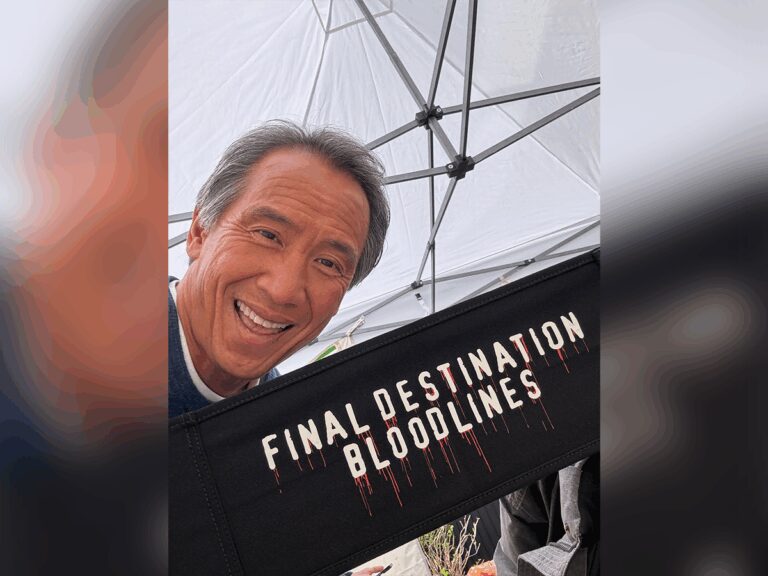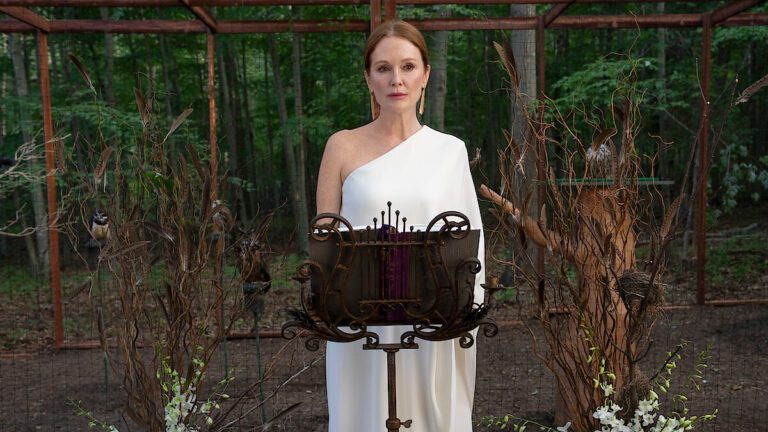As the saying goes, you can tell a lot about someone by the company they keep. If that’s true, then it’s pretty obvious that Bess Fifer is a baller.
A regular collaborator with Ben Stiller and legendary casting director Rachel Tenner, Fifer has also earned the respect of her peers. She has been nominated for an Artios Award five times, with two wins, most recently for the 2022 George Clooney flick The Tender Bar, an award she shared with three other casting directors, including Tenner.
Alongside Tenner, her latest project is the second season of Severance, now airing new episodes on Apple TV+. It should be noted that she earned an Emmy nomination for the first season, and judging by the quality of Season Two, another nod this summer won’t be a surprise. She spoke to us from her home in New York.
Insights: Lessons From Bess Fifer
- Demonstrate your ability to collaborate effectively with others during the casting process.
- Ensure good visibility and audibility in self-tapes without obsessing over technical details.
- Approach auditions as safe spaces to take risks and showcase your emotional range.
Tell me how you got into casting in the first place.
Originally, I was in graduate school studying acting in theater. I was also working as an office manager for a commercial real estate developer, which was soul-crushing.
I knew I needed to be in the arts, but I really didn’t know where that was going to fit, because I knew that I didn’t want to pursue acting as a profession. I took a very general aptitude test, and the casting director came up.
Wait. Hang on. I have talked to more than 100 casting directors over the last year and a half, and there are a lot of different ways to get into casting, but an aptitude test is a first.
(Laughs) Yeah, like, what? Why was this on an aptitude test? There was a variety of things on there, like a forest ranger. A couple were entertainment-based, film or theater director, but I knew I didn’t have the education for that.
At this point, I was living in Alabama, wondering, “What do I do?” I really didn’t want to go back to Atlanta, where I’m from. My fiancé, now husband, was really drawn to being into music theater, so we knew we had to be in New York. But seeing that on the aptitude test, which I still have, by the way, I can’t get rid of it, it literally gave me the entire course of my life. The more I learned about what the job entailed, the more I was really drawn to it.
So what was the next move?
My plan was to get an internship, sit at the front desk and answer the phones. That put me in a position to quickly learn all the key players, and also make myself useful.
My first internship actually worked for a talent agent to kind of just start getting some industry experience. I knew immediately this was not the side that I wanted to be on. I ultimately got an internship with Bernie Telsey, which led to me being hired to be the office manager. I was there for about five years and learned so much.
I’ve been a freelancer since 2010 and went out in the world to learn how other people do it. I jumped around, worked with Jen Rudin and several LA casting directors, like Carmen Cuba on the pilot of Stranger Things before it was even called Stranger Things. I landed with Julie Schubert for a while, then I met Rachel Tenner, which is when I first met Ben Stiller. Along the way, I started casting my own independent films.
What was the appeal of casting for you?
It’s not just about identifying talent, it’s also about being able to seize somebody else’s vision and implement that vision. Also, a job that allowed me to be close to actors, work with actors and use my opinion, was very intriguing to me. I found out that I am good at this — being able to see what an actor is capable of.
Yes, we’re looking for who creatively is the best fit, but we’re also looking at who’s the human. Who are we sending to set? Is this person going to be a team player or are they going to be a problem? I mean, we are essentially temp agents, helping our clients fill their employment. We’re sending not just the amazing actor, but also the human to set to work with other humans who are real, and then have to do things that are pretend. Also, I dearly, dearly miss being in the room and working with actors. I’ve definitely mourned that as part of my job that I have lost.
That goes across the board. I haven’t talked to a single casting director who has not had that exact same reaction.
I know how hard auditions can be on actors. It is part of the reason that I knew that that was not my path.
For me, it’s a job interview. I make my audition rooms a safe place where people can feel like they can take chances. As a result, my favorite parts of the job have been those moments where you see an actor take something from a reading to make you completely forget that you’re just in a close, four-walled room and not on a set, and it’s beautiful. Those moments when an actor can actually get emotional in my audition room were the most special moments to me in my career.
How has working on a massive show like Severance affected your career and your work?
Well, you could start with the obvious, being Emmy nominated for Season One. I love working with Ben, I love working with Rachel, but also, when I came on in the first season, I think Adam [Scott]’s deal was closing, so he was really the only person on board, which was exciting because Parks and Recreation is one of my favorite shows. It was super exciting being involved in all of that.
How has it changed my life? It has opened doors to get into rooms that I couldn’t get into before. Put “Emmy nominated” and “one of the casting directors of Severance” in the email headline and it makes a difference. Doors are opening to be able to meet with the networks and the studios and be able to expand my own networking base in ways that I really wasn’t able to and honestly, wasn’t trying to do as much as I am now.
What kept you from doing that before?
I have always been somebody who loves to collaborate, so I’ve always loved working with other casting directors. As a result, I’ve worked with a lot of LA casting directors as their New York casting person. The studio and the networks are essentially their contacts.
What I’ve really had to do in the last few years is put myself out there in that different way and learn how to pitch myself and learn how to sell myself and live in the ego a little bit. Now, the timing of Season Two is great, because I’ve been unemployed since May. It’s the hardest show I’ve ever worked on, but also been a dream job.
With all the independent film and TV work that you do, I imagine you still do an enormous number of auditions. I’m curious if there are common mistakes that actors make when they come in.
This is a hard question for me because I think that casting directors have to figure out ways to give accessibility to actors to try and help them through the process.
I now create one sheet for every role, and I make sure that it goes to the actor — it’s not something that I’m requiring an agent to pass along or anything like that, to tell you the details of the project. After that, I would say that the biggest mistake that I see in actors is honestly caring too much about lighting, background and all of that.
What I need is to see you and hear you. All I really want is this [moves forward to fill the screen]. It hurts me when I think that people have paid a lot of money to put themselves on tape when they should worry about what’s on the page and what the needs of the job are.
With that in mind, what piece of advice or wisdom would you give to somebody coming in to audition for you?
I don’t expect production value from you. I expect to be able to see you and hear you, and anything else doesn’t matter. Let’s not forget what auditions used to be. It was simple and direct and all about the acting.
Ready to find your next role with Casting Networks? Sign up for a free trial today!
You may also like:

